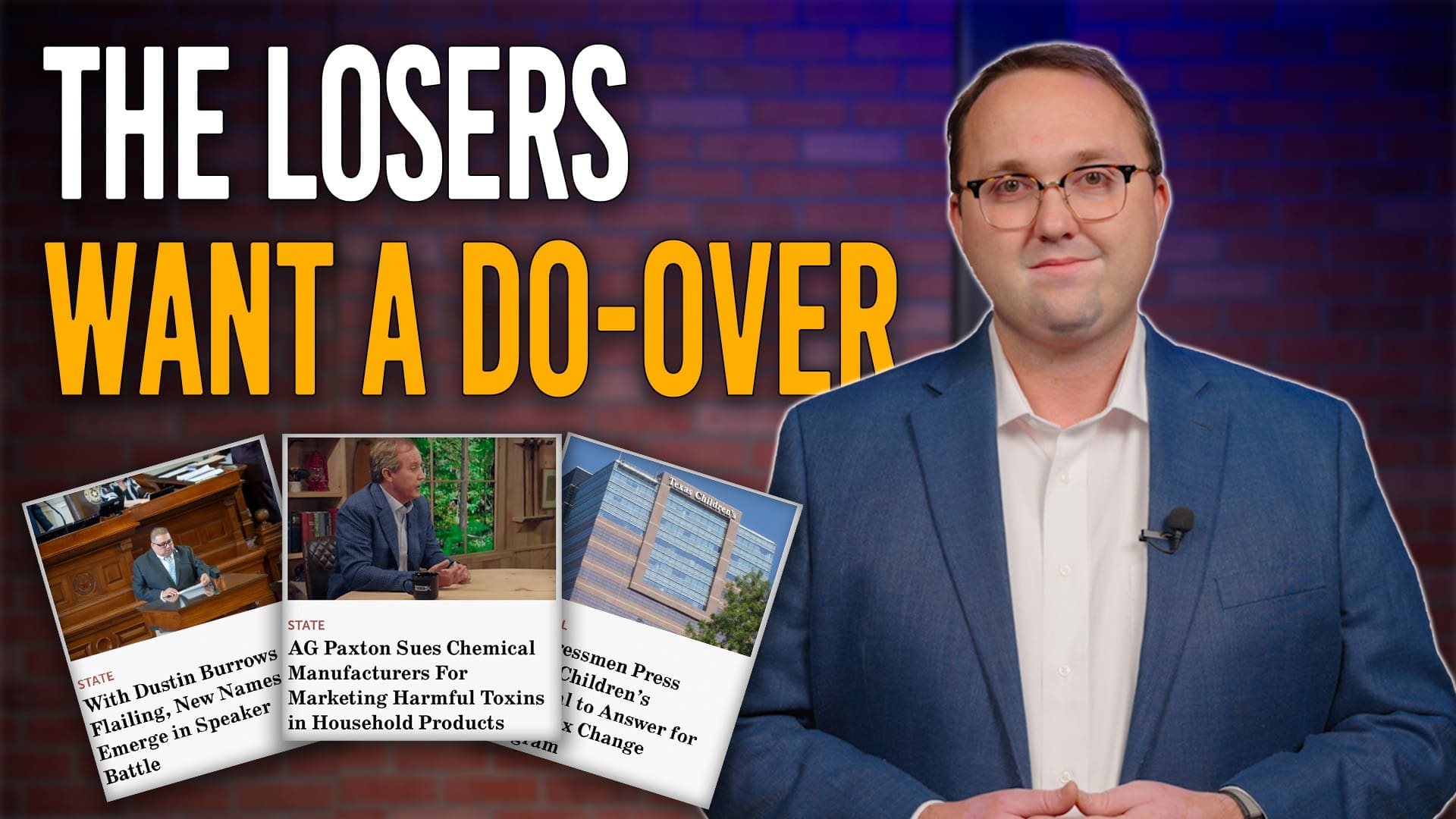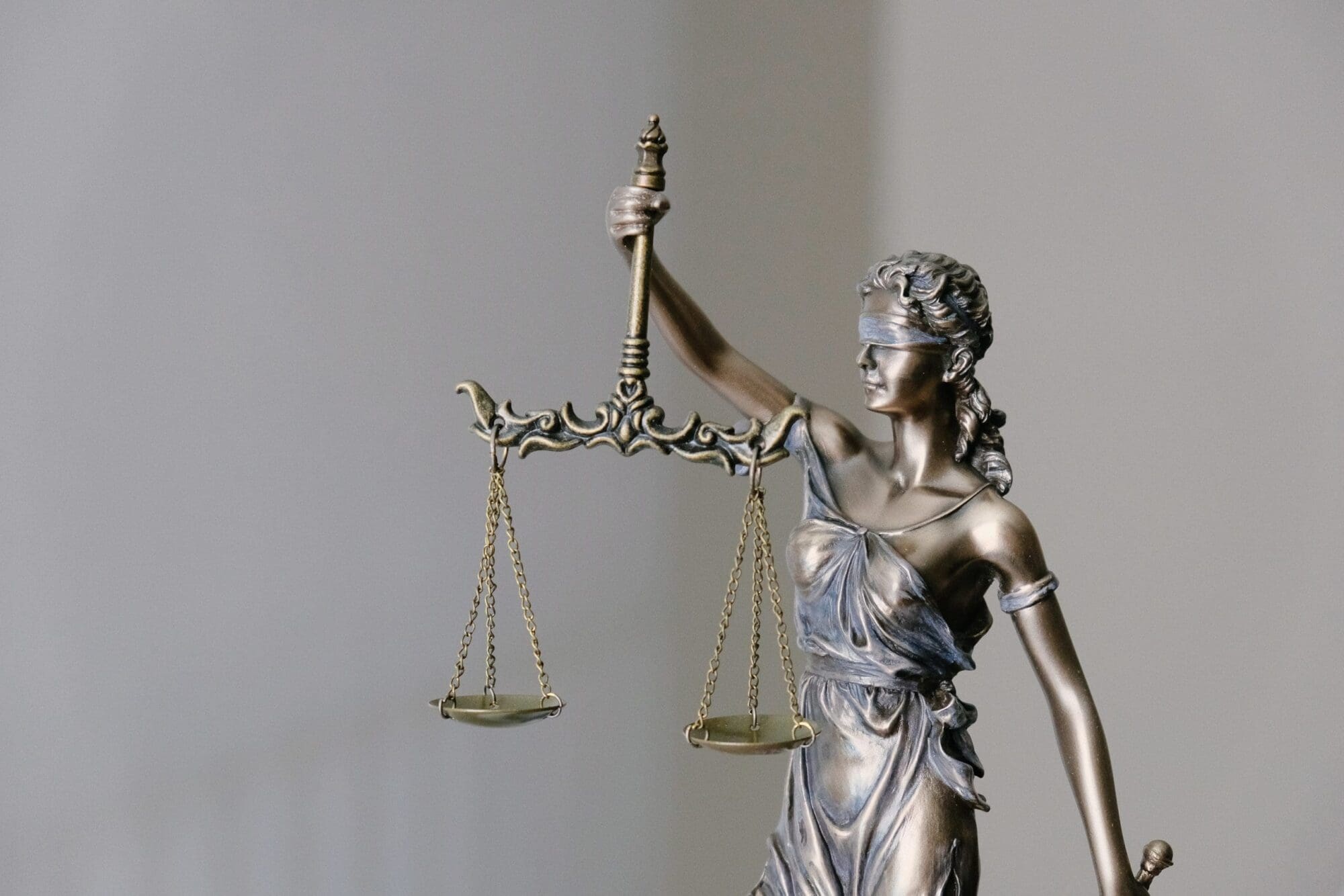It’s hardly controversial to believe that competition is healthy for the market and society. Competition in the free market keeps firms efficient while keeping prices competitive and, in the long run, competition creates mutual benefit for both producers and consumers.
Unfortunately, Texas’s economic power is dampened by one of the nastiest forms of crony capitalism on the microeconomic level, occupational licensing. Acting as a barrier of entry into many industries in Texas, occupational licensing allows bigger players to use the power of the government to weed out competition and even plays a role in creating monopolies in some areas. For consumers, unnecessary licensure takes a toll on affordability and even quality of services, since a variety of options for a given service are not available.
The Institute for Justice ranks Texas at a shameful 17th place in a study ranking the states by “burden of licensing requirements.” The states were arranged by factors including number of low-income occupations licensed, average fees, average education & experience (days), average exams, minimum grade level, and minimum age.
According to economists Vance Ginn and Edward Timmons, Texas is facing a labor shortage despite having a private sector job creation rate of 3.9 percent, nearly twice the national average of 2 percent.
“Texas has job openings; Texas has workers willing and eager to fill them,” they write. “Where’s the disconnect that has resulted in labor shortages in a number of fields? It could be occupational licensing.”
In 1982, economist Walter Williams criticized occupational licensing in his book “The State Against Blacks” in a chapter titled “Occupational Licensing of Plumbers and Electricians.” Though the studies and research he did is over 40 years old, the economic mechanics he observed are still very much in play today.
Williams references a letter written by Virginia plumber union leader C. H. Perry in 1905 to a local journal. An excerpt from the letter reads, “…as the Negro is a factor in this section, and I believe the enclosed Virginia state plumbing law which will eliminate him and the imposter from our craft.” Perry encloses a bill with wording that would appeal to the public even today to “promote the public health and to regulate the sanitary construction, house draining, and plumbing, and to secure the registration of plumbers in all cities.”
Regardless of the intentions of Texas legislators, who have added licensing requirements for 22 low-income professions between 1993 and 2012, the effects are the same. Racist unions advocated for licensing to rule out African American competition from the market. Today, the same government power can be used to price out lower-skilled Texans of all ethnicities who are looking to work.
The irony in occupational licensing is that it can take a toll on public safety. Walter Williams refers to a study done for the National Science Foundation in 1977 that found a correlation between licensing for electricians and the number of deaths by accidental electrocution, results from a shortage of electricians created by licensing policies. A smaller labor force created by the government, and not the market, leads to an artificial inflation of wages.
For consumers, this leads to an increase in prices for services offered. To avoid paying these artificial high costs, many will resort to doing the electrical work themselves. This ultimately leads to an increase in electrocutions and electrical fires.
Barbers, salesmen, and pawn brokers, along with many other professions, require some sort of bureaucratic permission slip to work. Big government cronies ignore that fact that independent watchdogs, review sites such as Yelp, and even word of mouth can keep the possibility of inefficient, unethical and, unsafe firms or individuals in check. Without burdening the taxpayer or the potential productive output of our economy.
Put simply, occupational licensing laws are against individualist and entrepreneurial American values. These state-mandated barriers of entry stifle the economic strength that comes in numbers. With such a globalized and automated economy, workers are in a constant struggle to stay on top. It’s up to principled leaders to ensure that the government stays out of the way of entrepreneurs and laborers alike.
Reforming licensing laws will result in a mutual benefit for producers and consumers alike. In other words, Texans stand to gain from being freed up of the cronyism that is occupational licensing.




